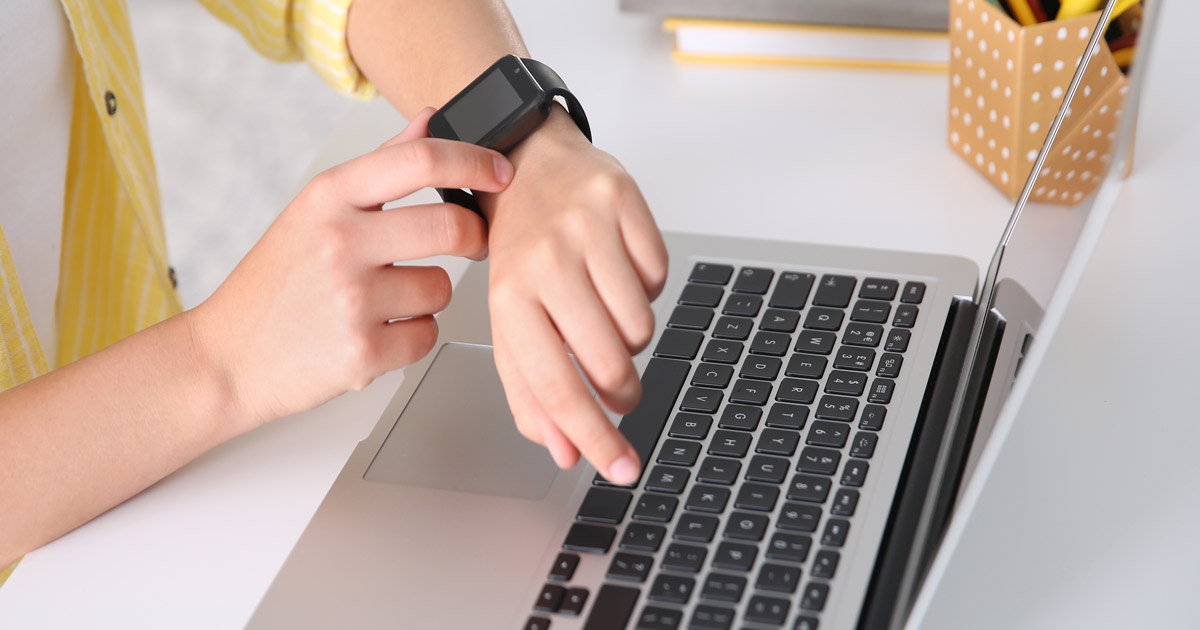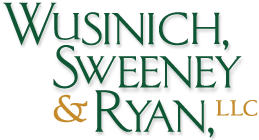
Wearable sensors can help prevent work-related injuries. Recent research shows that many workplace accidents can be attributed to fatigue or other preventable factors. If an employee wears sensors to track information about their status or movements while at work, it can be useful. Sensors tell employers more about why and when workplace accidents occur and how accidents can be prevented.
Wearable sensors can be strapped to the body around the abdomen and also around the thorax area of the body. Sensors in these areas can provide a lot of useful information. These monitors can provide information which indicates fatigue. The sensors provide information regarding the worker’s breathing rate, sweating, and muscle contraction. Breathing frequency can also identify other physical stressors on the body, such as excessive heat, hypoxia, pain, excessive cold, and discomfort.
Additionally, an employer can observe how the employee is working and if the worker is using proper techniques for physically demanding shifts. Training can be implemented to avoid injury.
Different Types of Wearable Sensors
Some types of sensors include:
- Equipment: Wearable sensors can also detect when a technician is too close to a piece of equipment and provide a notifying signal to turn off the equipment.
- Hard Hat: Sensors in a hard hat may be able to detect signs of heat stroke before it actually occurs.
- Gloves: Wearable sensors may be present in gloves to warn about chemical exposure.
- Goggles: A different type of sensor may provide instruction inside goggles in order to ensure that the user has hands free at all times, which can also prevent accidents.
Sensors can also detect when workers are too close to each other in light of the Coronavirus (COVID-19) pandemic. An employer can help ensure social distancing if sensors notify employees when they are too close to one another. Sensors can also provide information to assist in contact tracing in the event of a COVID-19 outbreak in a work environment. This can then ensure that exposed individuals quarantine rather than further expose more workers on the job.
What Should I Do After a Work Accident?
In general, wearable sensors, if widely implemented, can give the employer a good idea about workplace performance and production. With wearable sensors, employers can observe many different employees at one time.
Implementing workplace sensors can be a mitigating technology that employers can use to avoid future accidents on the job. The employer could also be required to provide other equipment related to preventing COVID-19 in the workplace in addition to preventing other hazards that can contribute to accidents. If one is in a work accident, they are entitled to workers’ compensation. A hurt worker should contact a lawyer to ensure they receive the proper benefits.
Downingtown Workers’ Compensation Lawyers at Wusinich, Sweeney & Ryan, LLC Help Injured Employees Collect Benefits
Wearable technology can lessen work accidents, but it does not fully prevent them. If you have a work injury, contact one of our Downingtown workers’ compensation lawyers at Wusinich, Sweeney & Ryan, LLC today. Our legal team will assess your case. Contact us online or call us at 610-594-1600 for a free consultation. Located in Exton, Pennsylvania, we serve clients throughout Downingtown, West Chester, Exton, Coatesville, Phoenixville, Malvern, Lyndell, Wagontown, Uwchlan Township, Parkesburg, Chester Springs, Lancaster County, Reading, and Morgantown.




